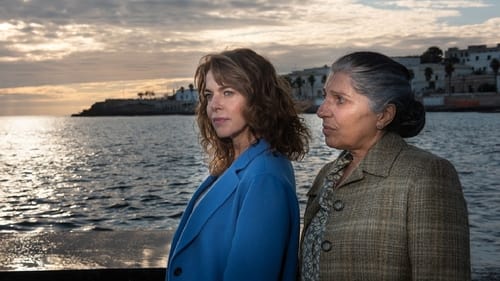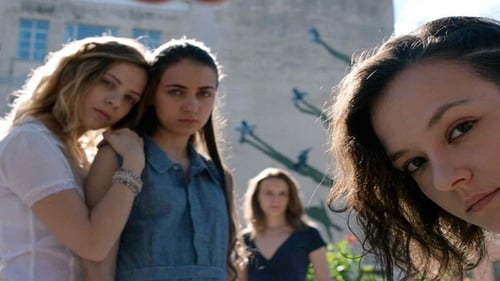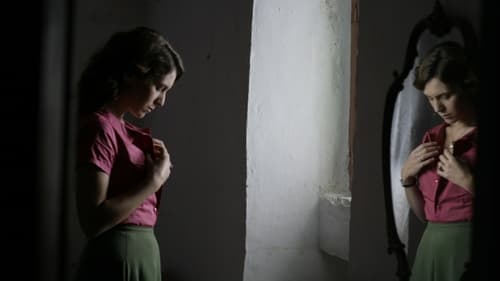
Screenplay

Writer

Story
Four girls unknowingly experience the happiest days of their lives during an uneventful best-friend trip to Belgrade.

Screenplay
Four girls unknowingly experience the happiest days of their lives during an uneventful best-friend trip to Belgrade.

Screenplay
Asti, third millennium. Lucia, mother and wife on the verge of boredom, opens up to friendship with the immigrant Ahmed, looking for an escape from the routine.

Screenplay
Nena, a girl from the south of Italy, has to travel far from home to get her first job as a teacher. She is sad, not because she has to leave her mother and sister, with whom everything is clear and sometimes difficult, but because she is having a serious love affair with someone from her village to whom she is very committed: a young upper-middle class man who seems to sincerely feel the same. They promise that nothing will change between them. It is only until June and then she can ask for a transfer. And so she leaves, a little sad and a little curious about what is in store for her. But what she finds is completely different from what she imagined.

Self
Until the 1970s, Italian cinema dominated the international scene, even competing with Hollywood. Then, in just a few years, came its rapid decline, the flight of our greatest producers, a crisis among the best writer-directors, the collapse of production. But what are the true causes and circumstances of this decline? In an attempt to provide an answer to this question, Di Me Cosa Ne Sai strives to depict this great cultural change. Begun as a loving examination of Italian cinema, the film transformed into a docu-drama that alternates between interviews with the great names of the past and fragments of cultural and political life of the last 30 years. It is a travel diary that shows Italy from north to south, through movie theatres; television-addicted kids; Berlusconi and Fellini; shopping centers; TV news editors; stories of impassioned film exhibitors and directors who fight for their films; and interviews with itinerant projectionists and great European directors.

Writer




